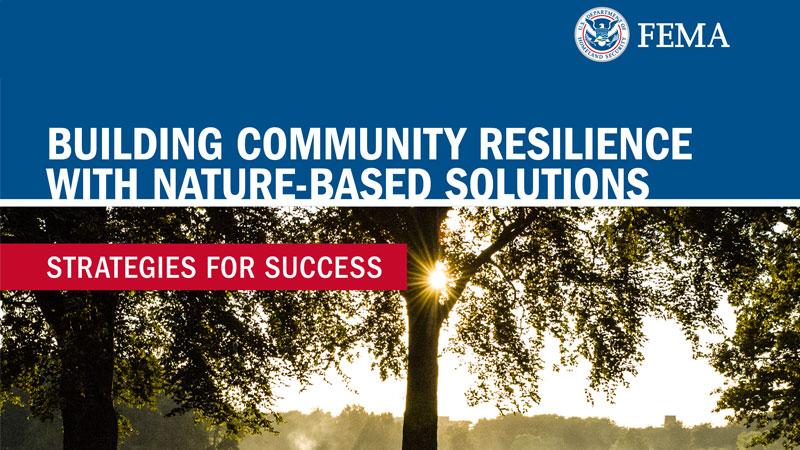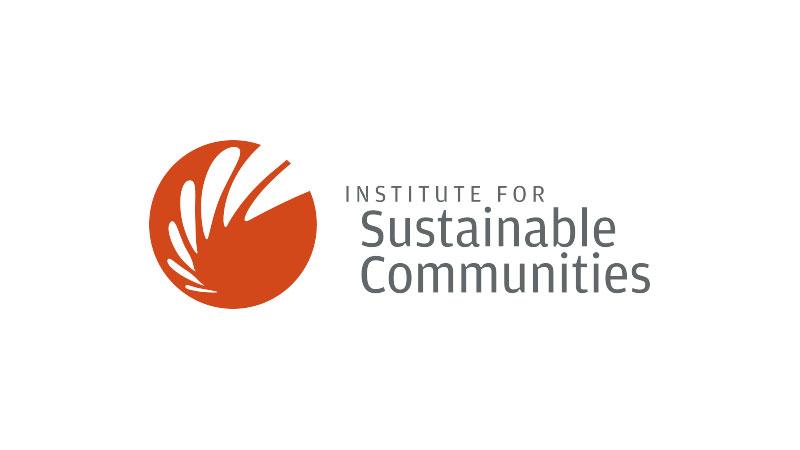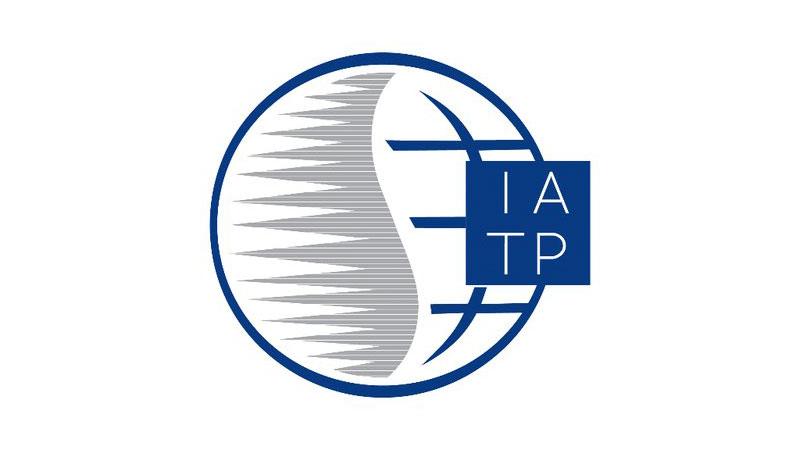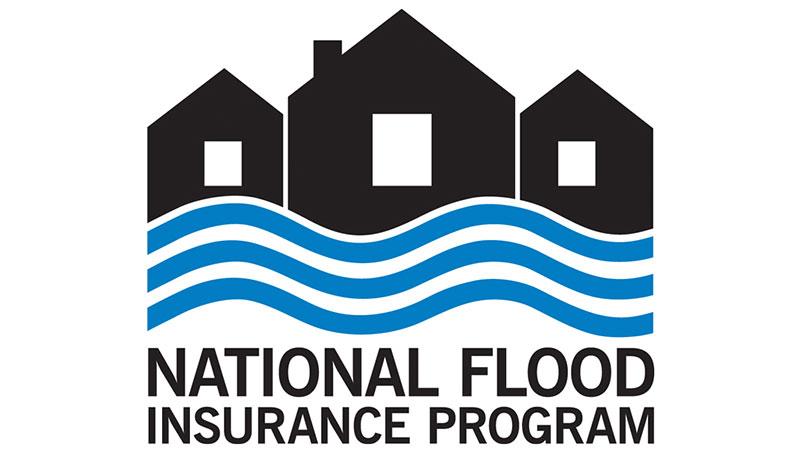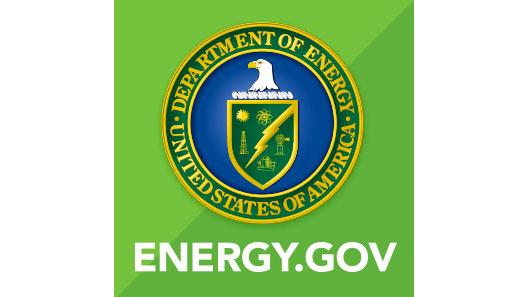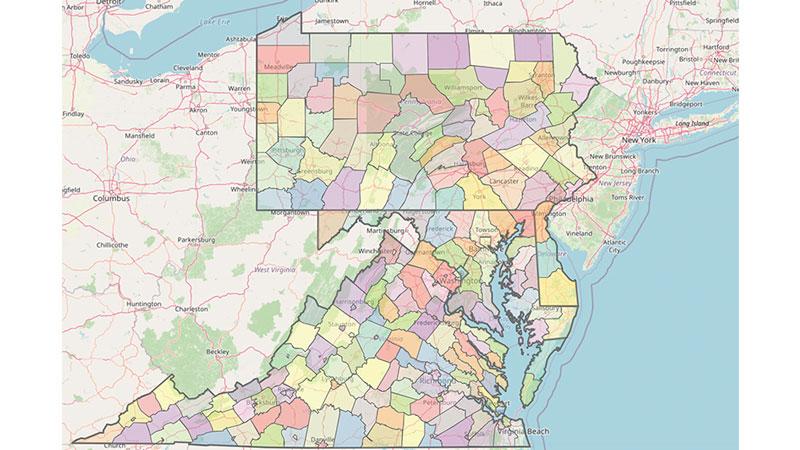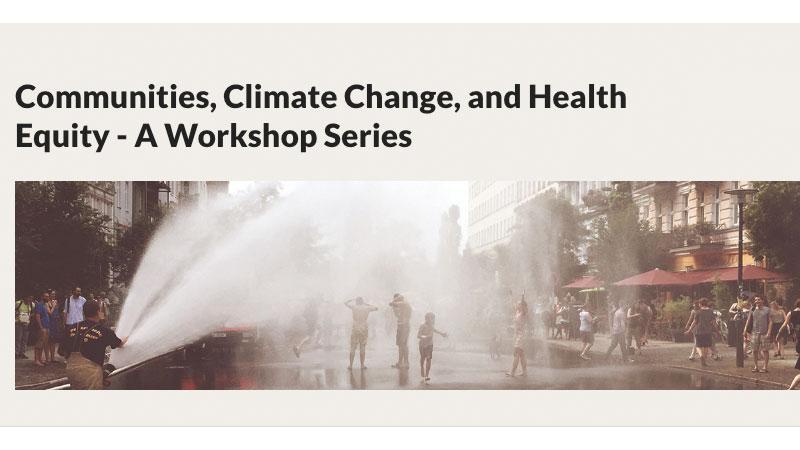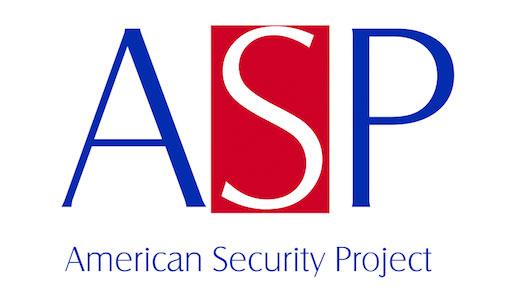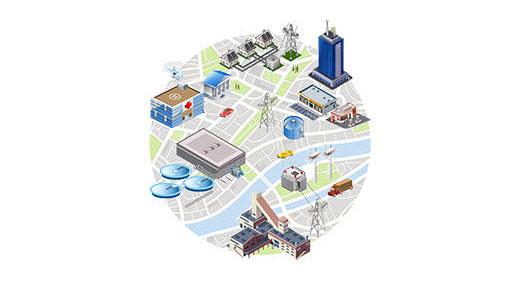
NIST’s Community Resilience
NIST’S section on Community Resilience provides planning guides and a multi-faceted program for communities and stakeholders to assist them on issues related to disaster resilience work, complementing efforts by others in the public and private sectors. NIST focuses on research, community planning and guidance and stakeholder engagement.

